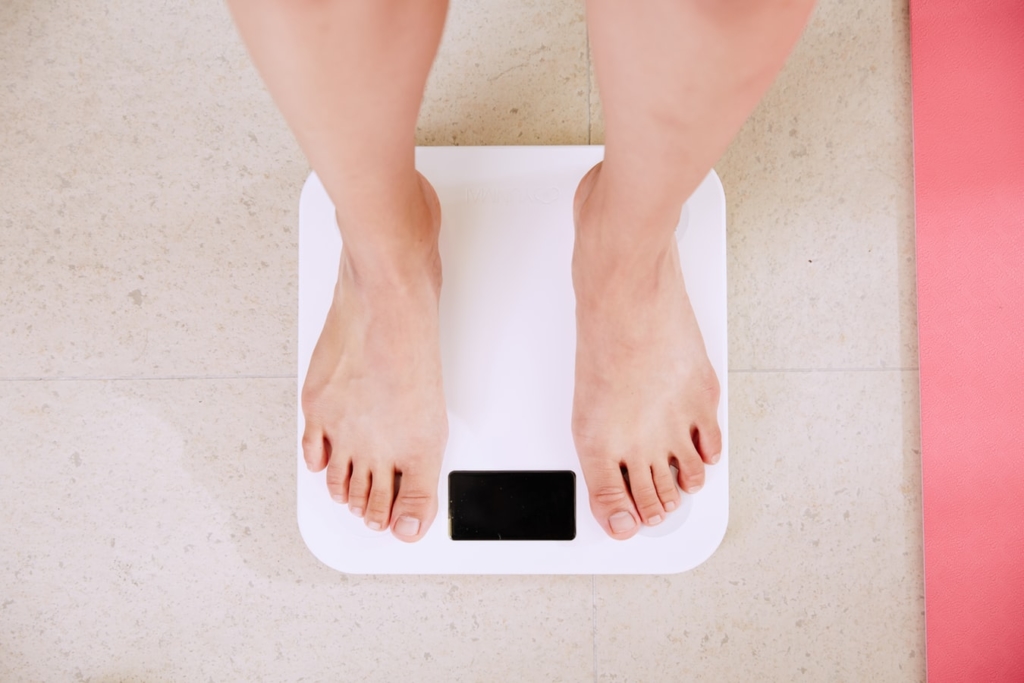Have you experienced weight gain, particularly in your legs or arms, and had significant difficulty losing it? It could be a condition called lipedema.

Lipedema is a common condition that almost exclusively affects women. It involves accumulation of fat (adipose) tissue in the legs and sometimes arms. The affected area can often be painful to the touch, have a nodular texture, and easy bruising. Though many people have not heard of the condition, some estimate that as many as 11% of women may be affected.
The weight typically comes on after a hormonal change, such as puberty, pregnancy, or menopause. It spares the hands and the feet so in some cases there can be a cuffing appearance at the wrist or ankle. If there is swelling in the hands or feet, this may be due to another condition called lymphedema (impairment of the lymphatic system).
What causes lipedema?
We are still learning a lot about the underlying drivers of lipedema, but there appears to be a genetic predisposition, hormonal influence (primarily estrogen), fibrosis of tissue, and inflammation.
How is lipedema diagnosed?
There is not a specific test for lipedema. Lipedema is a clinical diagnosis, meaning it is diagnosed through history and physical exam. Sometimes testing is helpful in order to rule out other conditions.
How is lipedema treated?
Even though lipedema is resistant to diet and exercise, these are still vitally important foundations of treatment. The key is figuring out what other treatments are necessary to get the results you want. As a naturopathic doctor, my goal is also to identify any obstacles that are specific to each patient such as hypothyroidism which is common in lipedema. Reducing inflammation, supporting vascular and lymphatic health, and addressing any hormonal imbalance is also important and treatment depends on each patient.
Some people with lipedema respond well to specific therapies such as manual lymphatic drainage which is often combined with use of special garments, while some opt for more intensive treatments such as lipedema-specific liposuction.
What’s next?
If you’re wondering if you may have lipedema or what treatments may be a good fit for you, feel free to schedule an appointment. I will also continue to post information here. Other great resources include The Lipedema Project and The Lipedema Foundation.
Dr. Aylah Clark
If you are looking for a doctor who specializes in treating lipedema, I will personalize the process for your individual needs. To schedule an appointment, please call 860-661-4662 and Liz, our office manager, will happily get you set up!




Leave A Comment